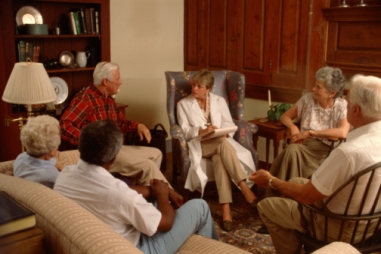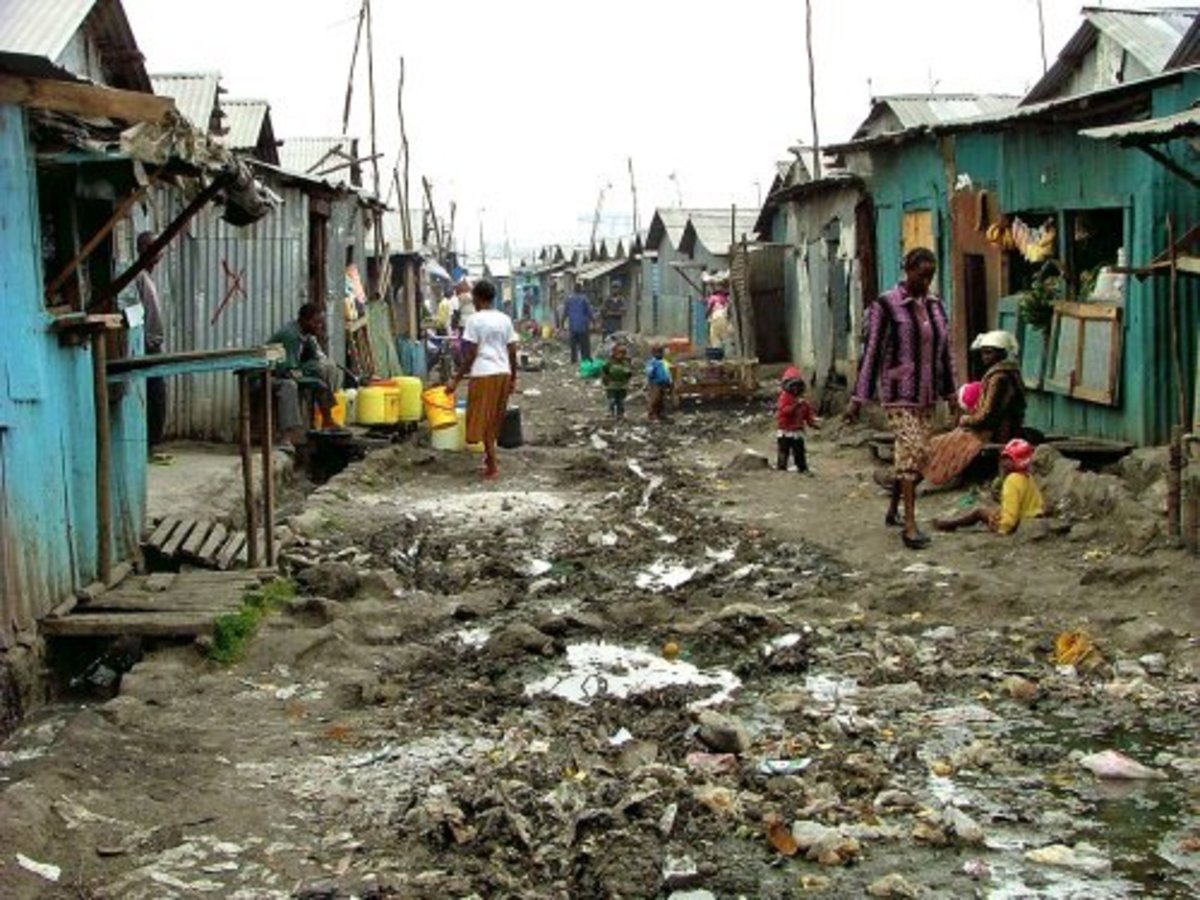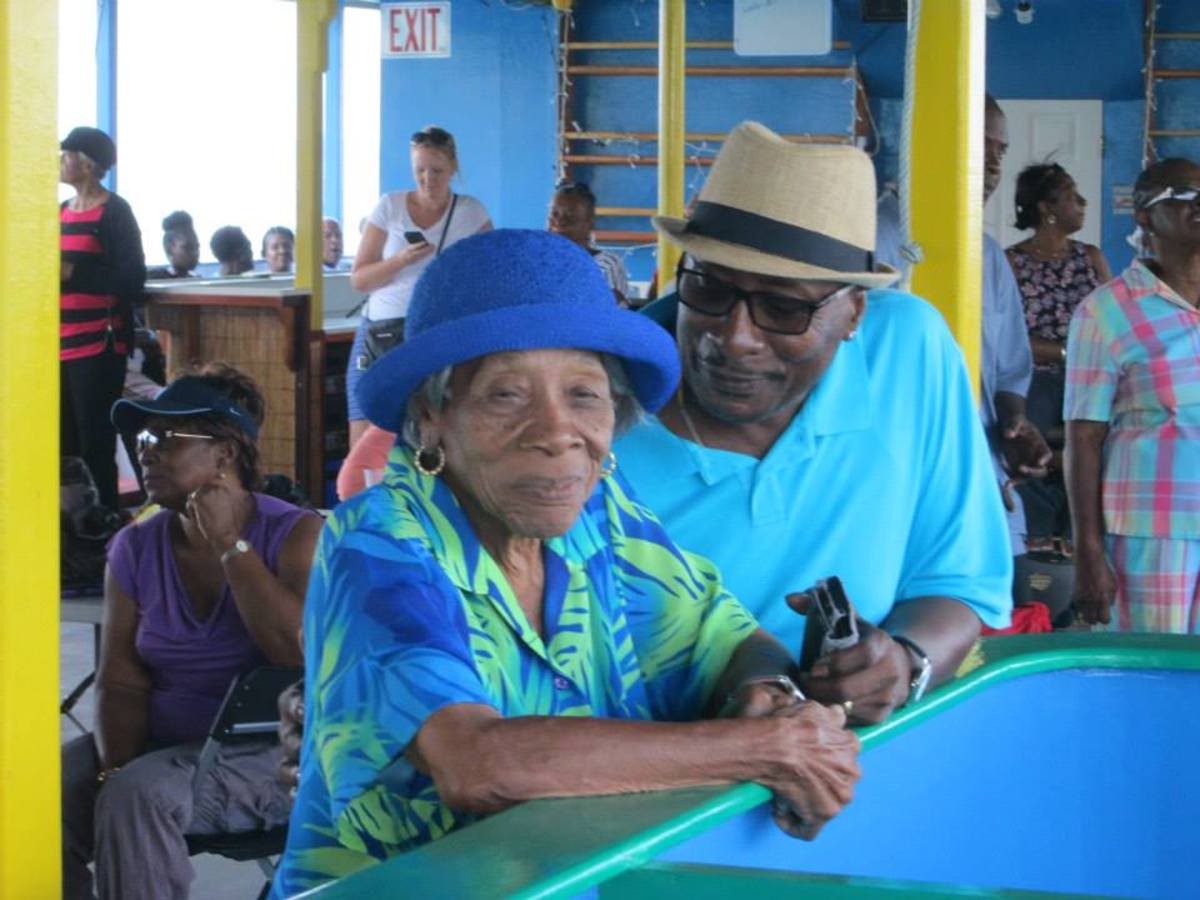Congregate Housing

When aging in place or staying home, is no longer an option, but independence is still relatively possible with minimal assistance congregate housing may offer a solution. The most common form is an apartment complex of older adults that provides a certain level of support. Congregate housing is often the least expensive form of supported living for older adults, as the cost is typically subsidized by various government agencies and non profit organizations. This is an option to consider when a nursing home is too expensive or much more assistance than the elderly needs.
For the most part these complexes do not have individual kitchens and provide shared meals. Congregate housing does not offer 24 hour medical services and cannot help with ADLs or activities of daily living. Basic self care tasks such as eating, bathing toileting, walking, and dressing. Most congregate housing requires that residents be capable of independent living and not require continual medical care they cannot handle alone. Residents need to show no evidence of disruptive behavior, be able to make independent decisions, and be able to follow any specific service plan developed for them. If at some point the resident fails to meet any of the criteria they will have to move out.
This type of living arrangement is usually a family decision and is typically a response to a significant decline. Some examples may include forgetting to turn off the stove or trouble with shopping and meal preparation. Before considering congregate housing, make sure all other options such as assisted living and adult day care are not necessary as these may be expensive but highly necessary for those families who want the best care for their elders but cannot provide it themselves.
Congregate Housing Services Program (CHSP)
- Congregate Housing Services Program (CHSP)
This program prevents premature and unnecessary institutionalization of frail elderly, non elderly disabled, and temporarily disabled persons; provides a variety of innovative approaches for the delivery of meals and non medical supportive services.






